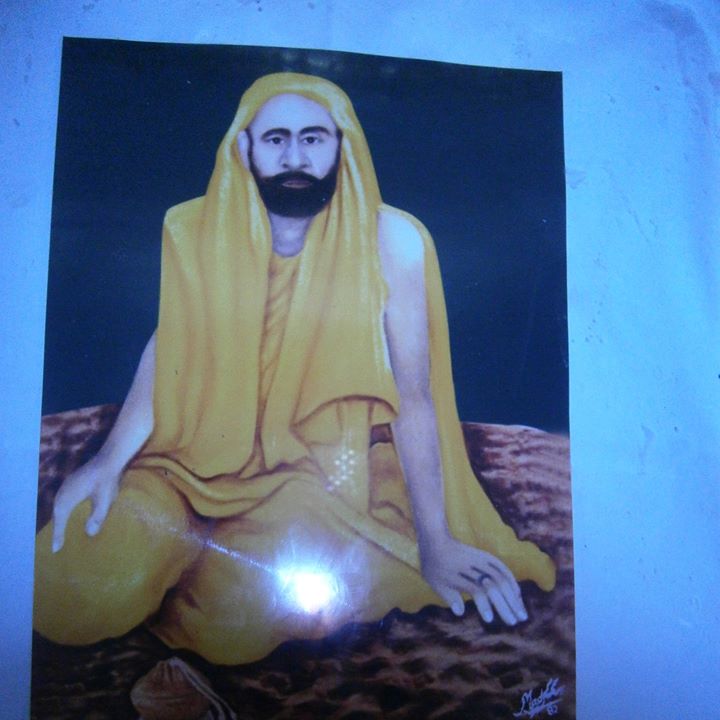Hz Bedam Shah Warsi (RA) was born in 1882 in Etawah a town in present day UP, India. He was named Ghulam Hasnain by his parents, but this name was forgotten once he took on the mantle of mysticism. His spiritual guide was Hz Syed Waris Ali Shah (RA), and Bedam Sb, under the influence of his guide and teacher, became an adept Sufi. Spending most of his life in the garb of a ‘Faqeer’, Bedam Sb passed away in November 1936. He is buried near the shrine of his Pir. Sufficient biographical accounts are not available on Bedam Sb, but what is known is that he was a contemporary of most of the great Sufis of the turn of the century, including Pir Mehr Ali Shah (RA), Khwaja Ghulam Fareed (RA) Hz Hasan Nizami (RA) – who said about Bedam Sb’s ‘Diwan’, Hast Irfan dar zabaan-e-Poorbi, and poets like Hz Allama Iqbal (RA).
Bedam Sb’s Kalam (poetry) is a wonderful mix of modern Urdu idiom and the Farsi/Purbi traditions that shaped the Sufi poetry that preceded him. His Purbi kalams led him to be given the title of ‘Khusrau-e-Saani’ – the Second Khusrau. His Naatiya kalaams are in a league of their own, wonderfully expressing the love for the Prophet (SAW) while at the same time retaining the fragrances of his native land, emanating – as he himself says – a “Bheeni bheeni khushboo”. His non- Naatiya kalaams contain treasures of meaning, and all the main Sufi concepts are wonderfully visible- Wahdat-ul-Wujood, the concepts of ‘Fanaa’ and ‘Baqaa’, of love towards the Murshid and all creations of Allah.
Bedam Sb’s kalam has been sung by Naat-khwaans and Qawwals since his lifetime. His ghazals were readily picked up by contemporary Qawwals, and Tazmeens were sung on them. Even today, almost eighty years after his demise, Bedam Sb’s kalam retains the same freshness, the same depth of ideas and emotions and the same “bheeni bheeni khushboo” that it did when it was created.







Leave a Reply